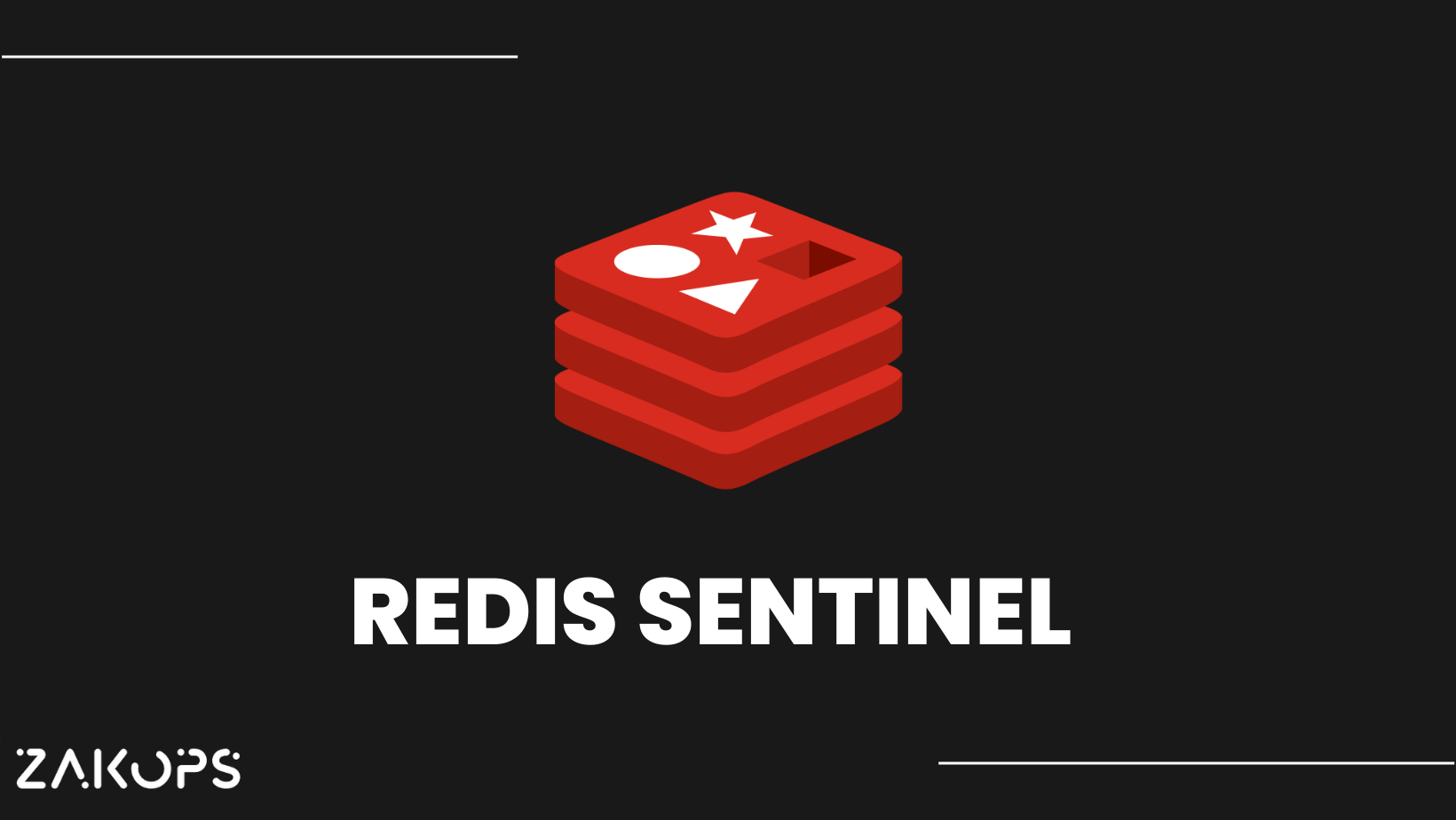1.Update Debian System Packages.
sudo apt update
2.Install Required Packages.
sudo apt install software-properties-common apt-transport-https curl ca-certificates -y
3.Install Redis with APT Debian Repository.
sudo apt install redis redis-server redis-tools redis-sentinel
4.Activate the redis-sentinel service to start on boot.
sudo systemctl enable redis-server --now
Edit /etc/redis/redis.conf
protected-mode yes
port 6379
masterauth complex-password-here
requirepass complex-password-here
bind redis-1-IP
Edit /etc/redis/redis.conf
protected-mode yes
port 6379
replicaof redis-1-IP 6379
masterauth complex-password-here
requirepass complex-password-here
bind redis-2-IP
Edit /etc/redis/redis.conf
protected-mode yes
port 6379
replicaof redis-1-IP 6379
masterauth a-very-complex-password-here
requirepass complex-password-here
bind redis-3-IP
Edit /etc/redis/sentinel.conf
port 26379
sentinel monitor mymaster redis-1-IP 6379 2
sentinel down-after-milliseconds mymaster 5000
sentinel failover-timeout mymaster 60000
sentinel auth-pass mymaster complex-password-here
protected-mode no
Next
redis-cli -p 26379
127.0.0.1:26379> sentinel master mymaster
Run this command To check the Redis sentinel information.
redis-cli -h redis-(1-2-3)-IP -p 26379
redis-IP:26379> info sentinel
OR
redis-cli -p 26379
redis-IP:26379> info sentinel
Run this command To check the Redis replication information.
redis-cli -h redis-(1-2-3)-IP
redis-IP:6379> auth complex-password-here
OK
redis-IP:6379> info replication
